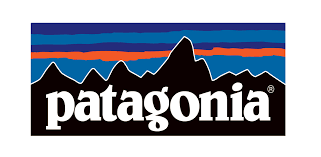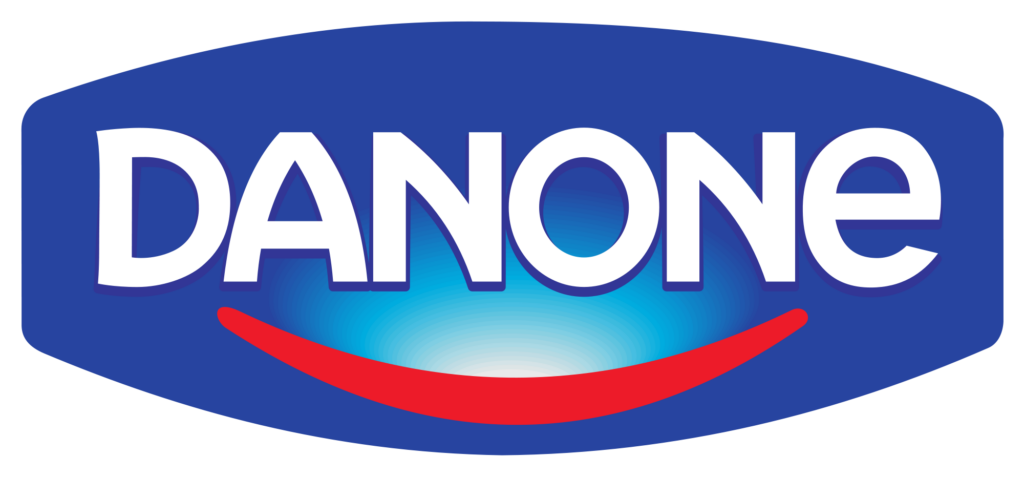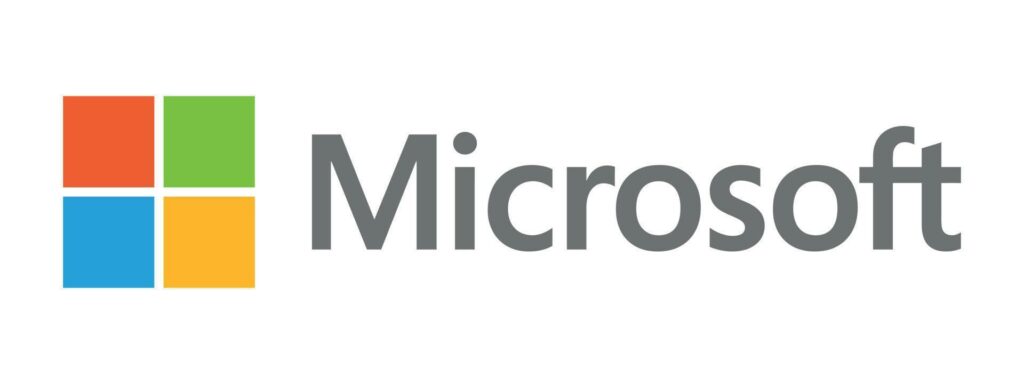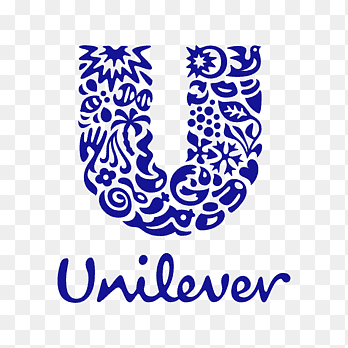
In a world where companies are increasingly aware of their societal impact, corporate CSR has become a fundamental pillar of corporate strategy.
In 2025, the most successful CSR initiatives go far beyond mere paper commitments: they actively involve employees, transform corporate cultures and create a real, measurable impact.
Let's discover 10 inspiring examples of CSR programs that stand out this year for their creativity and effectiveness in mobilizing employees while generating concrete positive spin-offs.
CSR company example:
1. OuiLive's "Mental Health Connected Challenge

OuiLive has developed an application that transforms mental well-being in the workplace into an engaging collective challenge. Via this platform, employees take part in daily mental health challenges (meditation, mindfulness exercises, sharing experiences) which generate points. These points are then converted into donations for associations working in the field of mental health.
What makes it so successful: gamification raises awareness of mental health issues while creating a positive dynamic within teams. The results are impressive, with 75% of active participants and a 30% reduction in absenteeism in participating companies.
2. The patagonia "Green Hackathon

Patagonia organized a 48-hour environmental hackathon where multidisciplinary teams of employees collaborate to solve concrete ecological problems. The best solutions are then funded and implemented by the company.
What makes it so successful: this initiative transforms employees into true agents of change, giving them the resources to turn their ideas into reality. In 2025, this program has already enabled the launch of three major projects, including an innovative system for recycling technical fabrics.
3. Orange's Digital Cleanup Challenge
Orange has launched a global responsible digital challenge: for one month, teams compete to reduce their digital carbon footprint by deleting emails, optimizing cloud storage and adopting more sustainable digital practices.
What makes it so successful: the initiative makes the invisible environmental impact of digital technology visible.
Each individual action is counted and converted into tree planting via local partners. The 2025 challenge saved the equivalent of 150 tonnes of CO2 and planted 15,000 trees.
4. BPCE's "Mobility Challenge

BPCE has created a program to encourage its 12,000 employees to rethink their business and personal travel. Via a dedicated application, employees register their alternative journeys (cycling, carpooling, public transport) and earn points that finance sustainable mobility projects in disadvantaged neighborhoods.
What makes it so successful: the initiative combines personal awareness and collective impact.
The program has reduced the carbon footprint associated with travel by 20% and financed five inclusive mobility projects in rural and peri-urban areas.
5. Danone's "Second Seed" initiative

Danone has developed a program where its agricultural engineers train colleagues from all departments in sustainable farming techniques. These employees then become "ambassadors" who share this knowledge with local farming communities during volunteer days.
What makes it so successful: this challenge bridges the gap between professional expertise and personal engagement . In 2025, over 500 employees participated, directly affecting 45 farming communities and facilitating the transition of 2,000 hectares to more sustainable practices.
6. L'Oréal's "Diversity Challenge

L'Oréal has launched an inter-company challenge around diversity and inclusion, where each participating team is mixed (age, gender, origin, disability) and has to design inclusive products and services that meet the needs of often neglected populations.
What makes it so successful: the initiative promotes diversity as a source of innovation. The winning projects are integrated into the company's product strategy, and part of the profits generated are donated to partner associations. By 2025, three major innovations resulting from this challenge had entered the development phase.
7. Microsoft's "Data For Good Challenge

Microsoft has organized a data science challenge in which employees use their technical skills to solve social and environmental problems proposed by partner NGOs, such as predicting areas at risk of flooding or optimizing food distribution in crisis zones.
What makes it so successful: this initiative transforms business skills into a lever for direct social impact. The tools developed are then made available free of charge to humanitarian organizations. By 2025, 15 solutions had been deployed in the field, reaching over 200,000 beneficiaries.
8. Agromousquetaires' "Pronostics Solidaires" program

For major sporting events, Agromousquetaires has developed an in-house prediction platform where each prediction is associated with a micro-donation from the company.
Employees can follow the progress of donations generated by their collective participation in real time.
What makes it so successful: the initiative combines fun with a engagement solidarity. During the 2025 World Athletics Championships, this challenge mobilized 3,200 employees and raised 75,000 euros for associations supporting adapted sports.
9. Unilever's Zero Waste Challenge

Unilever has launched a program where teams from different sites compete to reduce their professional and personal waste. Each kilo avoided generates points which are transformed into investments in recycling infrastructures in the communities where the company operates.
What makes it so successful: the initiative extends ecological awareness from the professional to the personal sphere. The 2025 challenge has reduced waste by 40% at participating sites and financed 12 community sorting centers in five countries.
10. VINCI's Matching Challenge

VINCI has created a program where every hour of volunteer work done by an employee is "matched" by an equivalent donation from the company. Employees can choose from a catalog of missions proposed by partner associations in the fields of education, the environment and inclusion.
What makes it so successful: this initiative values personalengagement while multiplying its impact. In 2025, the 18,500 hours volunteered generated 530,000 euros in additional donations and supported 92 local projects.
Conclusion
These examples show that the most inspiring CSR initiatives in 2025 share a number of common characteristics: they make employees the agents of change, they create a bridge between professional life and personal engagement , and they generate a measurable, concrete impact on social and environmental issues.
Gamification, the conversion of shares into donations, and the use of professional skills in the service of social causes are the most effective levers for transforming CSR from a regulatory obligation into a meaningful collective dynamic.
These connected challenges don't just raise awareness, they enable every employee to become a true agent of change, reinforcing the corporate culture while making a concrete contribution to a more sustainable and caring world.Retry